Abstract:
Background: In 2021 28% of Australian mothers were overweight and 23% were obese. Women who are overweight and obese are more likely to gain excessive weight in pregnancy. Up to one third of Australian women had gained excessive weight by 22 weeks gestation. Excessive gestational weight gain (eGWG) is defined as weight gain in excess of recommendations as per the Institute of Medicine guidelines based on a woman’s pre-pregnancy body mass index (BMI).
Methods: We conducted a retrospective cohort study to investigate the patterns of gestational weight gain at a tertiary hospital in Sydney, Australia.
Results: In our population of 44,852 patients, more patients had excessive gestational weight gain (eGWG) (n = 25,567, 57%) than those with recommended GWG (rGWG) (n = 8,713, 19.4%) or insufficient GWG (iGWG) (n = 8,829, 19.7%). 1,743 women had no weight measurements recorded during pregnancy, thus were excluded from the analysis. 43.57% of patients were overweight or obese prior to pregnancy. eGWG correlated with increased incidence of preeclampsia (2.82% n = 313, p < 0.01), caesarean section, instrumental assisted deliveries and postpartum haemorrhage. eGWG was also associated with higher blood pressure (systolic and diastolic). Patients with excessive GWG, compared to recommended (rGWG) and insufficient GWG (iGWG) were more likely to be nulliparous (50.91% vs 43.75 and 37.64%) and have type 1 diabetes mellitus (0.29% vs 0.18% and 0.19%). Patients with eGWG compared to rGWG were more likely to have type 2 diabetes mellitus (1.21% vs 0.84%). Patients with GDM were less likely to have eGWG (13.21% vs. rGWG 18.84% vs. iGWG 33.43%). Patients with iGWG were more likely to have preterm birth (7.6%) compared to rGWG (5.4%) and eGWG (6.6%) and small for gestational age babies (17.7% vs. 15.2% and 11.2%).
Discussion: Gestational weight gain that is outside of recommendations is prevalent amongst Australian women and appears to have detrimental affects on maternal and foetal health



